Regenerative Pain Solutions
205 McAuley Ct
Hot Springs, AR
71913
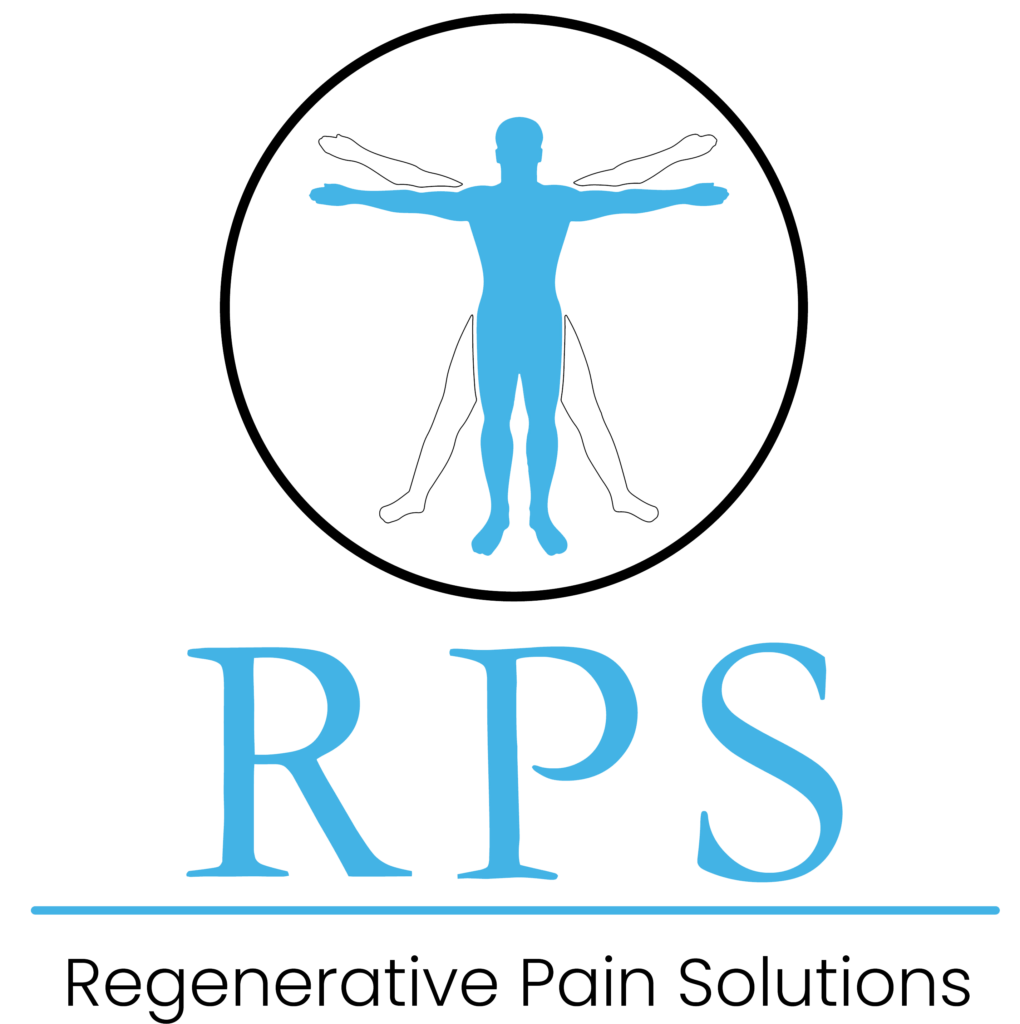
Regenerative Pain Solutions specializes in innovative restorative therapies to treat chronic pain at its source. Focusing on promoting healing rather than masking symptoms, the clinic provides long-term relief and enhances patients’ overall well-being.
Click the button below to book your appointment with our medical team.
Your health is our priority.
Copyright © 2024 Regenerative Pain Solutions

Regenerative Pain Solutions proudly uses Ggevityy products.
To learn more about our restorative therapies and whether or not you are a candidate, please fill the calendar below to book an appointment. We believe in personalized care because each individual is unique.

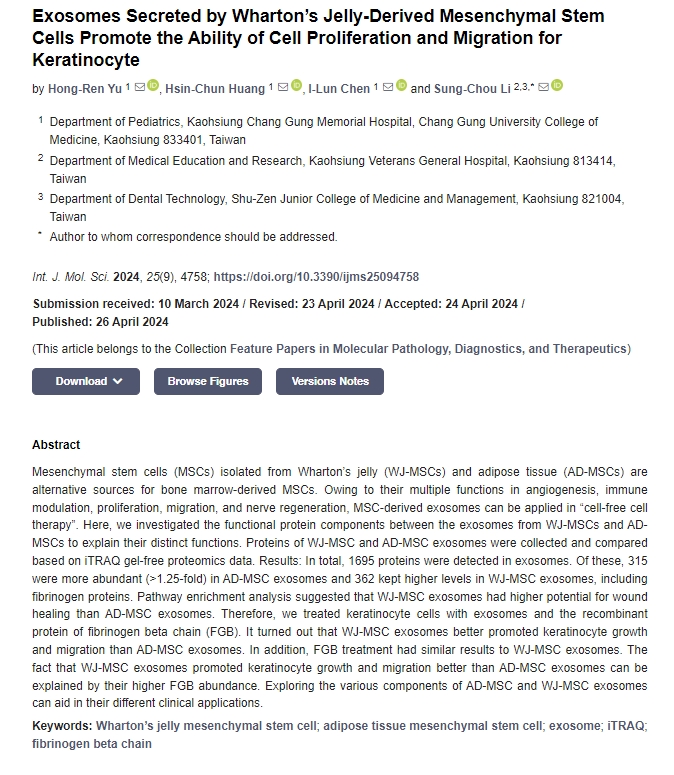
Mesenchymal stem cells (MSCs) are undifferentiated cells with a high proliferation capacity and mesodermal differentiation potential [1]. They are an important source of stem cells for damaged tissue regeneration in clinical applications. Although bone marrow (BM) has conventionally been used as the major source of pluripotent MSCs, BM collection requires a highly invasive procedure. Furthermore, with increasing age, the number, differentiation potential, and lifespan of MSCs from BM decrease [2]. Therefore, the umbilical cord and adipose tissue (AD) are used as alternative sources of MSCs [2]. Umbilical cord-derived stem cells originating in Wharton’s jelly (WJ) are called Wharton’s jelly mesenchymal stem cells (WJ-MSCs). They form a class of stem cells with a high differentiation potential, an immuno-privileged status, and easy access for collection, raising no legal or ethical issues. WJ-MSCs exhibit several features of embryonic stem cells, such as a short doubling time and potent expansion capacity, with only a few differences [3].



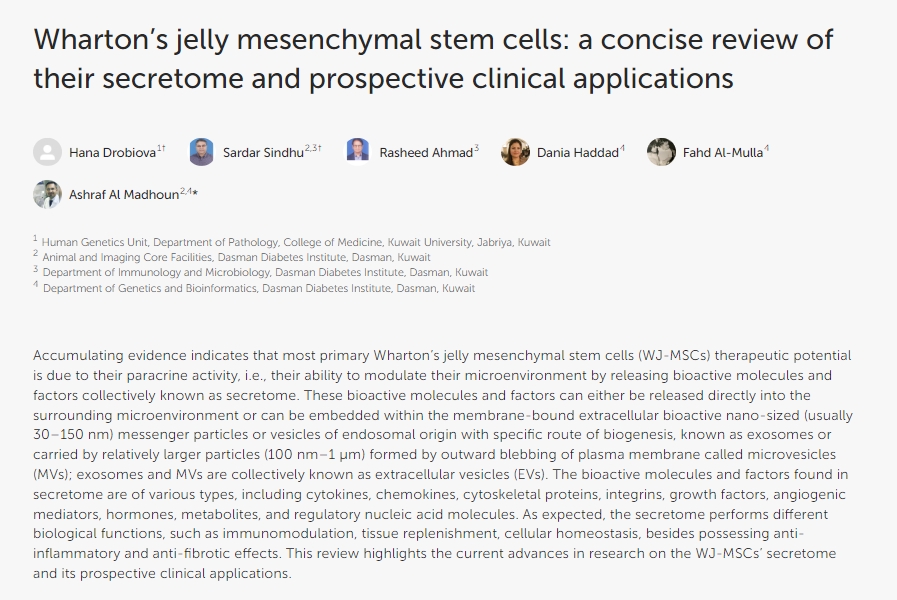

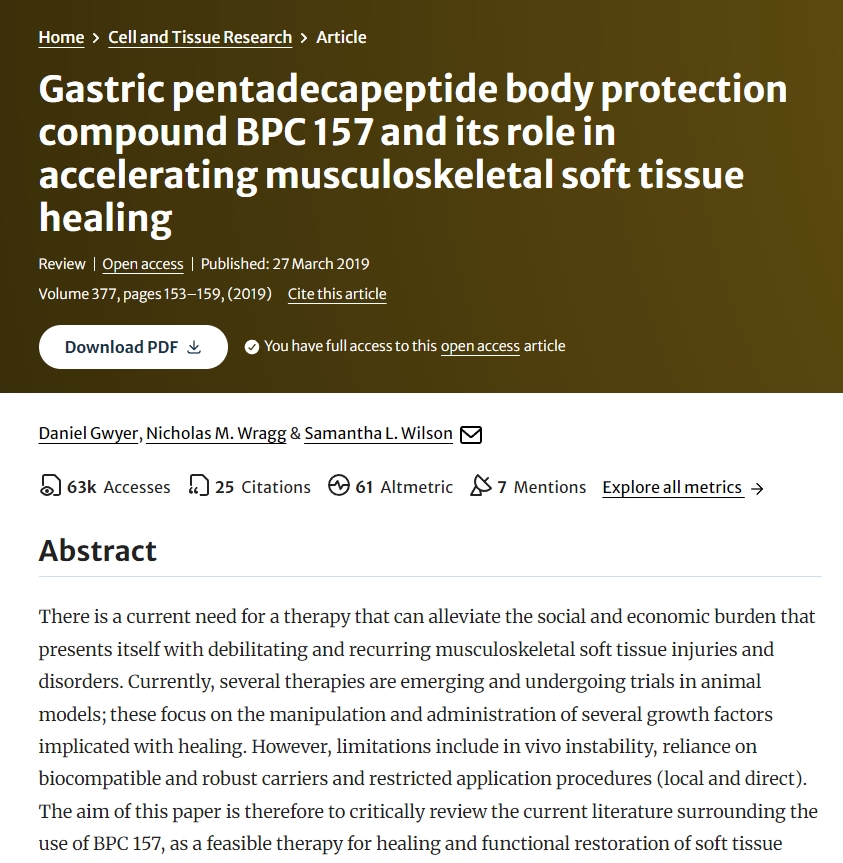
To learn more about our restorative therapies and whether or not you are a candidate, please fill the calendar below to book an appointment. We believe in personalized care because each individual is unique.
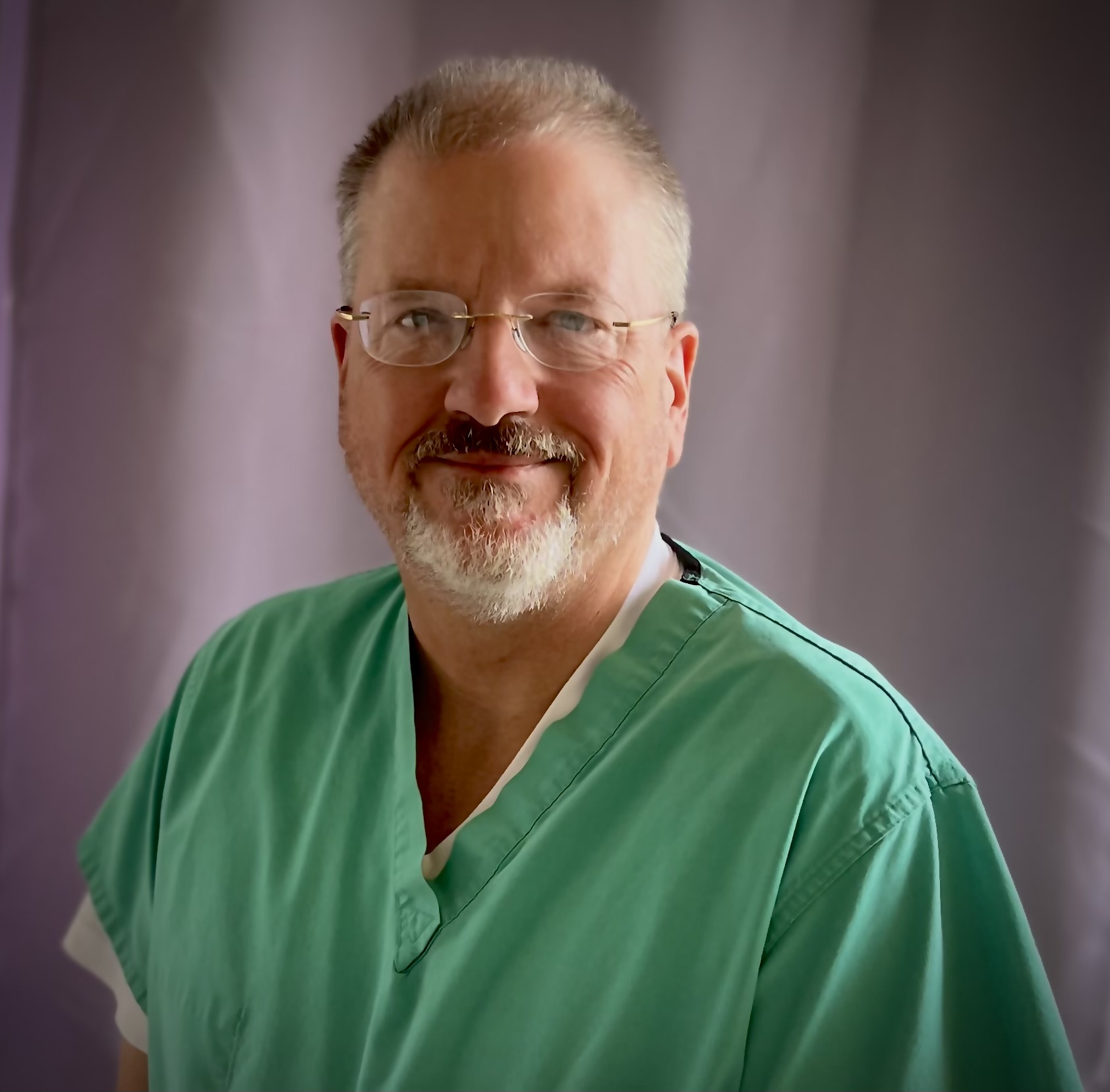
Ben Campbell: A Journey to Pioneering Regenerative Pain Solutions
For decades, Ben Campbell dedicated his career to enhancing patient comfort and effective pain management. His journey began in the late 1980s as a nurse anesthesiologist, where he tirelessly sought to improve pain relief techniques post-anesthesia. He explored regional anesthetics, spinals, epidurals, and individual nerve blocks, constantly refining his methods to ensure patients woke up pain-free and comfortable.
In his early days, Campbell was among the pioneers introducing epidural infusions for labor, providing consistent pain relief throughout labor rather than short-term single doses. He embraced ultrasound technology, teaching himself to use it for more precise nerve blocks, and shared knowledge with peers through courses and seminars. This innovation allowed him to perform anesthesia without relying on narcotics, leading to faster patient recovery and greater satisfaction.
Driven by a desire to prevent patients from needing surgery, he pursued a fellowship in chronic pain management. Transitioning from anesthesiology, he established a practice focused on comprehensive pain relief. However, he realized that traditional methods, such as steroid injections and nerve burning, provided only temporary relief and potentially harmful long-term effects.
Frustrated by the limitations of conventional treatments, Campbell explored restorative medicine as a path to lasting healing. This shift was inspired by a profound insight: rather than masking pain or using destructive techniques, why not promote healing at the source? Through extensive research, training, and practical application, he began incorporating restorative therapies into his practice, eventually dedicating himself entirely to this innovative approach.
Today, at Regenerative Pain Solutions, Ben Campbell is committed to treating the underlying causes of pain, helping patients achieve long-term wellness. Although insurance coverage for restorative treatments is limited, he strives to make these therapies accessible, often providing discounts to ensure more patients can benefit. Campbell’s journey from traditional pain management to restorative medicine embodies his unwavering dedication to improving patient care and outcomes.